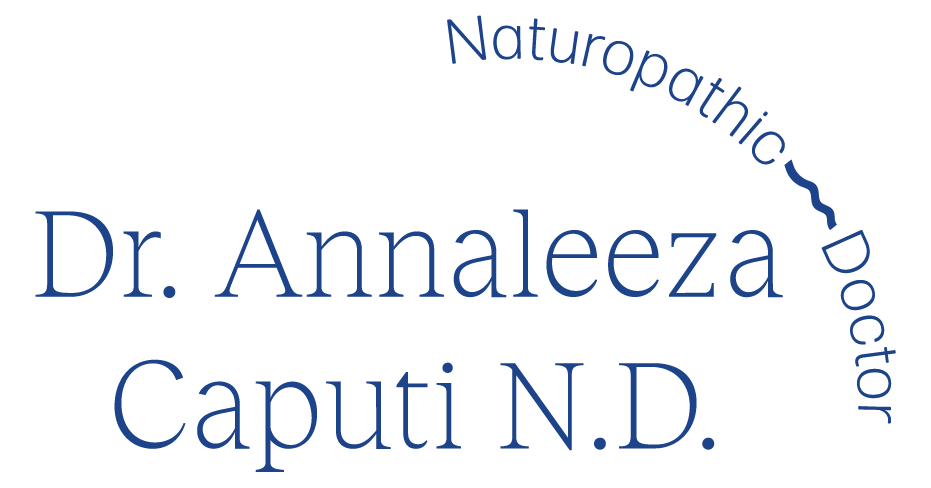Your PCOS Diagnosis Is Not A Life Sentence
Up until this point, you’ve had an irregular menstrual cycle, you continue to experience acne and excessive hair growth, and struggle with losing weight despite maintaining a healthy diet and movement routine.
You were put on the birth control pill as a young adult to help “regulate” your hormones and things got a lot better.
Now you’re well into adulthood and thinking of your family planning future. Coming off of birth control, your symptoms came back with a vengeance.
Your acne, hair growth, blood sugar dysregulation and irregular cycles are back stronger than ever.
This is a story we see far too often, and these patients with PCOS are often underserved and not given the care they deserve. PCOS is way beyond a hormonal diagnosis, it is more well defined as a metabolic syndrome due to the development of insulin resistance and how that impacts hormonal health.
Fortunately, the amount that we can serve and help these patients is endless. Despite running through the conventional medical realm, we have the potential to provide these patients with a roadmap to PCOS resiliency.
Establishing clear and realistic goals is imperative to patient success, emphasizing that PCOS is not a disease we cure, but a disease that we manage.
It is estimated that as many as 1.4 million Canadian women may be afflicted with polycystic ovary syndrome (PCOS). Although PCOS is one of the most common endocrine disorders occurring in women, its diagnosis, management, and associated long-term health risks remain undervalued.
There has been much controversy surrounding the diagnosis of PCOS, as its trademark symptoms are anovulation and androgen excess symptoms which can be very subjective and poorly defined.
Currently, the following criteria is necessary for a diagnosis according to the Rotterdam criteria:
Patient demonstrates two of three criteria:
Oligo-menorrhea or anovulation (irregular cycles being 8 or less per year, or longer cycles over 35 days with no signs of ovulation)
Clinical and/or biochemical signs of hyperandrogenism (signs of androgen excess, such as acne and hair growth)
Polycystic ovaries on ultrasound
Lujan ME, Chizen DR, Pierson RA. Diagnostic criteria for polycystic ovary syndrome: pitfalls and controversies. J Obstet Gynaecol Can. 2008;30(8):671-679. doi:10.1016/S1701-2163(16)32915-2
With our PCOS patients, here are the goals we collectively strive for:
Regulating menstruation and restoring ovulation
Reducing hyperandrogenic symptoms (weight gain, acne, hair growth and alopecia)
Preventing long term diseases and disorders
These goals tie perfectly into the 3 simple steps to resiliency with PCOS, including:
Blood sugar regulation
Hormone optimization (for fertility and beyond)
Stress management & long term disease prevention
The obstacle to cure for most patients is the spread of conflicting and misinformation about how to manage their diet, movement and lifestyle. There are so many ways naturopathic medicine can help a PCOS patient. Here’s a little insight into what the journey looks like:
1. A sufficient and comprehensive intake to understand the patient’s individual picture. This involves deep questions about the patient's history and menstrual cycle. 85% of people with PCOS have menstrual cycle irregularities. Patients are also unaware of how to track ovulation or what to look for. We also dive into symptoms such as acne, hair growth, hair loss, fertility/pregnancy history, family history, and medication use.
2. Lab work: sufficient serum levels can help us to identify and target deeper markers of disease progression. This can involve female hormone testing, androgen testing (although clinical signs are enough to meet the criteria), vitamin D, metabolic markers, markers of inflammation, and fasting blood sugar and insulin.
3. Foundational work: this would involve optimizing on diet and movement principles for PCOS (a lot of myth busting happens here) as well as correcting any inadequate nutrient levels. Additionally, stress and sleep management is huge as PCOS patients are more susceptible to adrenal dysfunction and inadequate sleep.
4. Comprehensive treatment plan: this potentially involves more deeper work into the foundations, as well as evidence based nutriceuticals depending on the patient goals.
You don’t need to feel confined by your PCOS diagnosis, or believe that there is nothing you can do. These 3 steps to success can set you up for sustainability and longevity.
My goal is to make you feel educated and empowered about your diagnosis.
Find out how we can work together by booking a complimentary consult.
I look forward to working with you!



